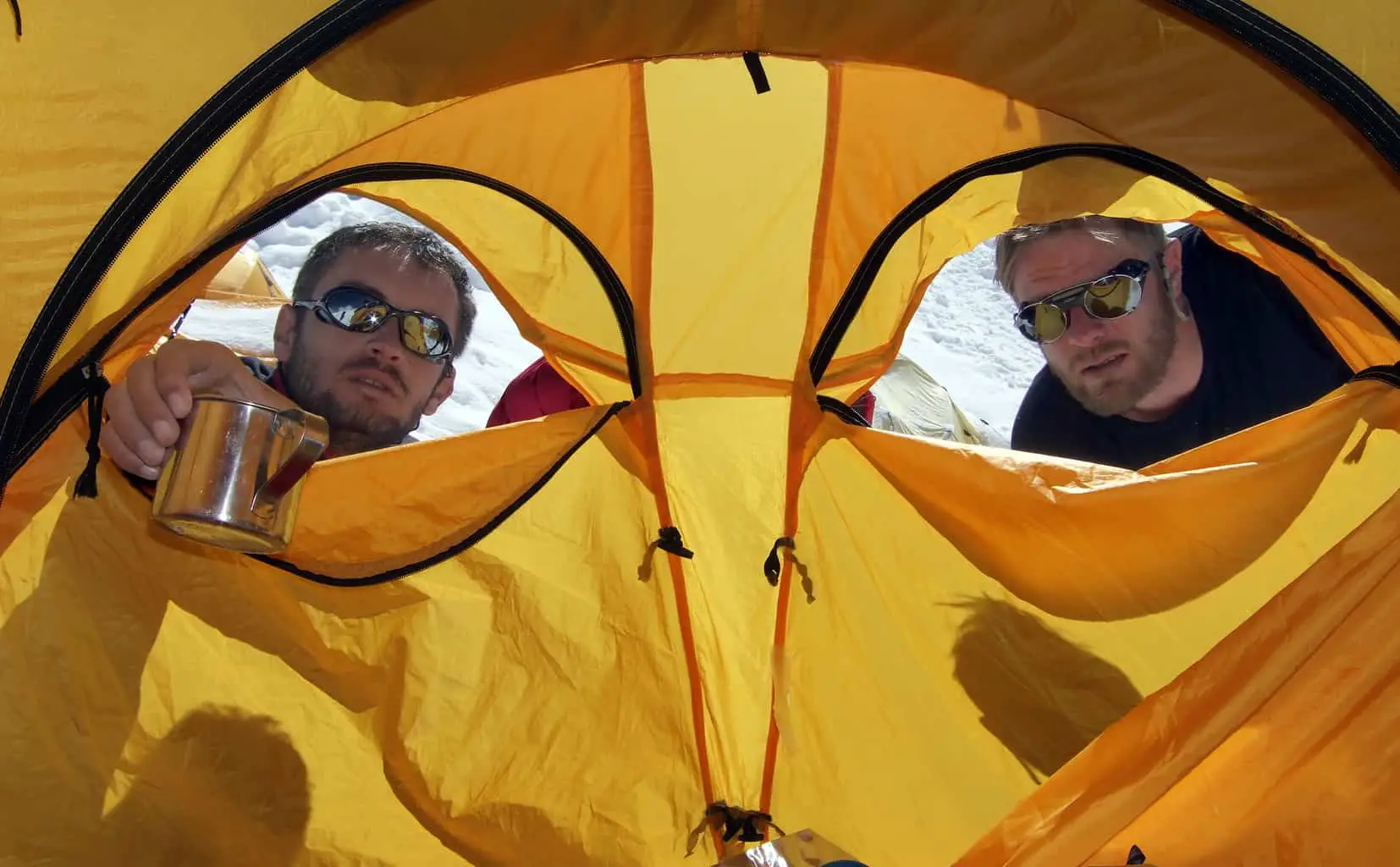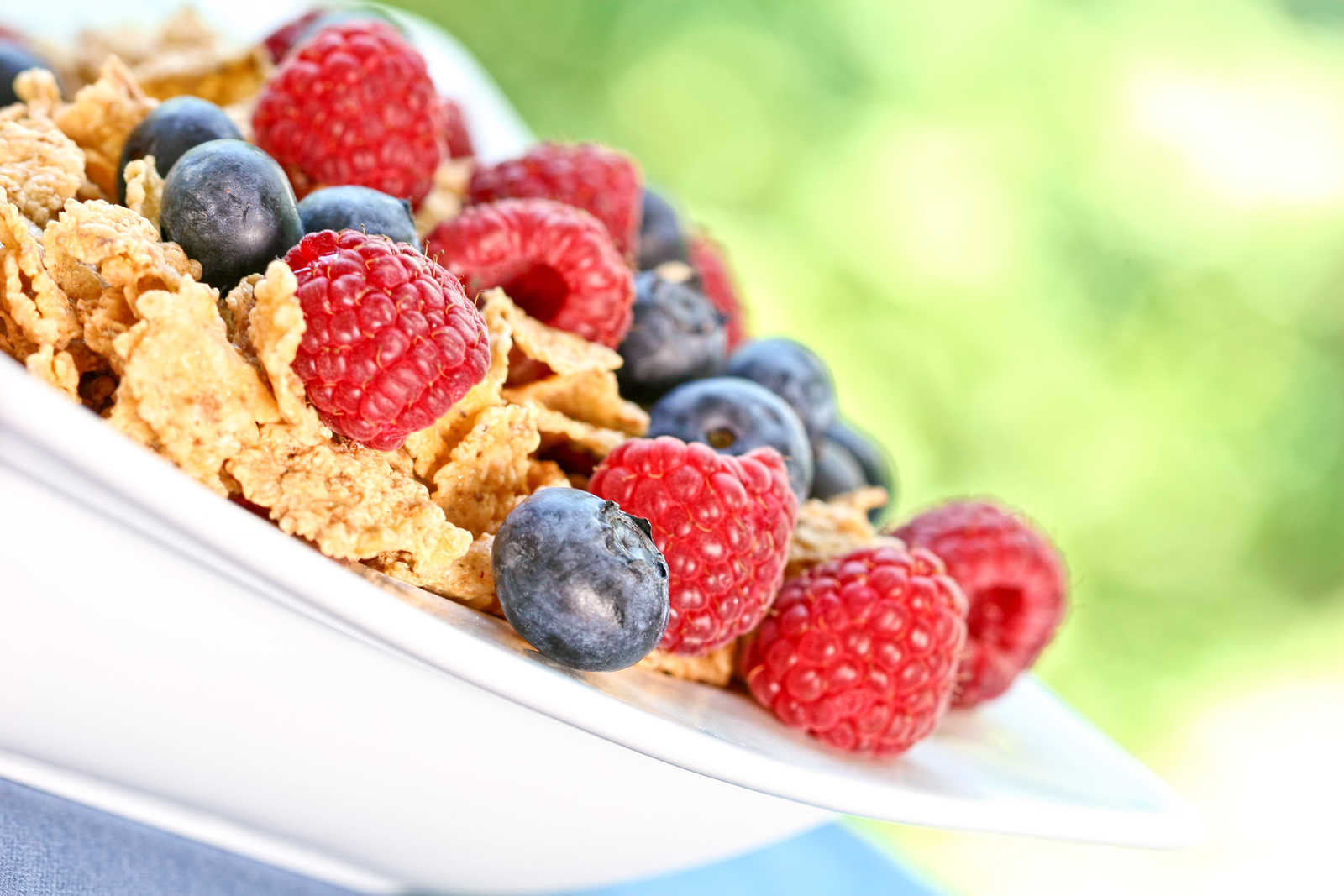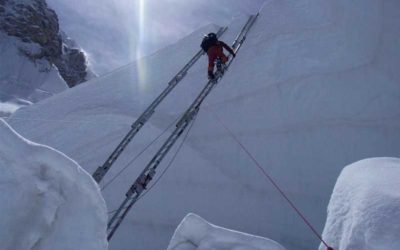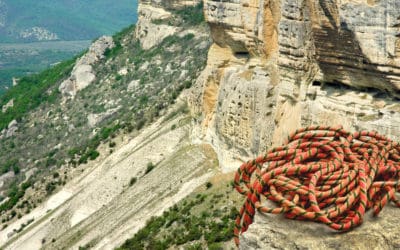
In this article, I aim to explore expert recommendations together with my own experiences on what you should eat before you start, breaking it up into the night before, the morning that you set out and on the climb.
In short, before the climb you want to load up with nutrient-rich, carb-heavy foods such as whole grains, beans and fruit. 60% of your meal should be carbs. Eat a small dose carbohydrates half an hour before you start, and try to maintain this during the climb. Easily digested carbs are oatmeal, fruit, pancakes and yogurt.
While reading this article, take into consideration that all people are different. This includes your nutritional needs, the things you like and dislike and what works for you. This article is just a basic guideline; it’s by no means the hard and fast rules that will apply to everyone across the board.
Don’t Follow Fads
Depriving your body of certain foods can improve your health in some cases. The converse is also true – avoiding certain foods can inhibit your general health and negatively impact your performance on a trek.
Figure out what works for you and follow this – don’t give in to the newest craze at the risk of your health and performance.
The Night Before The Climb
Before you cook, take into account how long and intense your trip will be. Your nutritional needs will differ between intense, one-day trips and longer, sustained exertion trips. Adjust your meals accordingly. If you’re going on a short, once-day, high intensity stint, skip this section. If it’s a longer trip, you’ll have to carbo-load.
You want to eat food that will store as much energy as possible in order to have it available when you need it. Aim for nutrient-rich, carb-heavy foods.
Good examples are whole grains, beans and fruit, as these will store glycogen, your source of climbing fuel. Try whole wheat pasta with red sauce and vegetables, or chicken and avocado. These are packed with protein, carbs and healthy fats.
The important point to consider is that more than 60% of your meal should consist of carbs.

The Morning of Your Hike
Here, your winning recipe is carbs that are easy to digest. You don’t want to feel heavy and bloated when you’re supposed to be working hard. Good examples of these easily digested carbs are oatmeal, fruit, pancakes and yogurt.
You should also ingest plenty of fluids. If you’re used to having a morning coffee, don’t skip out in this. If it’s not your daily routine, however, maybe don’t have that coffee. It will make you ache to go to the bathroom a bit sooner than planned.
Time your meals (this will differ slightly from person to person). It’s a good idea to get about 25 to 30 grams of carbohydrates half an hour before you start. This equates to about a banana. During your climb and when you stop, you’ll want to ingest the same amount to ensure that there are enough amino acids available in your bloodstream. If there’s not enough, you risk muscle breakdown and a bit of weakness. In short, you’ll be stiff and weak afterwards.
Avoid too much fat, since this is generally harder to break down and could cause some stomach problems and make you a bit uncomfortable while you’re working out.
During the Climb
While climbing, you should plan to eat carb-rich foods almost every hour. This gets absorbed directly into the bloodstream, giving you that much-needed energy boost as you go. Also make sure that you drink a lot of fluids, since all the sweating will cause you to dehydrate.
I have written an entire article on what to eat during a trek, so refer to this for more details.
After the Climb
Recovery is important. In order for your muscles to properly recuperate after a long trek, you need to eat properly. Give your body enough nutrients, mostly carbs and proteins. This will enable your body to replenish the glycogen stores and rebuild muscle, which is much needed.
Avoid fats, since this will slow down protein absorption and interfere with your recovery process.
It’s important to stay hydrated, since your body needs a lot of fluid for the recovery process.
Optimal Weight
In order to achieve your personal optimal weight that allows you to live a healthy lifestyle and perform optimally on the trail, you need to live a healthy lifestyle and follow a healthy diet. This means avoiding refined foods, especially refined carbs, like white rice white bread, pasta and sugary sweets.
Read the labels of the energy drinks and protein supplements you take. A lot of these are very low in nutrients and contain a lot of unhealthy sugar.
If you want optimal performance on longer treks, use a combination of real, healthy foods and energy gels (the right type, that don’t contain too much sugar). A better option is to make your own bars from fruit and nuts, using nut butters infused with honey and using jerky and granola as trail snacks.
Always remember that quality over quantity wins. Take that into account when choosing carbohydrates for your meals.
Conclusion
Maintaining a healthy diet all year round is best. This will optimize any gains you get out of exercise and enable you to enjoy your trips even more. Take into account that what works for someone else, might not work for you. Figure out what works best for you and stick to that. Happy adventures!
Written by Felix

About me
Hi! I’m Felix. When I’m not spending time out in the mountains, I like to write about my hobbies. That is how Mountain Homies was created. On this site, I try to gather all the juicy information about Mountaineering that I have learned since I started. Happy adventures!
Related Articles
3 Ways to Spot and Reveal a Crevasse (And Avoid It)
So, how do you spot a crevasse and – more importantly – avoid falling into one? In this article, I will have a look at what crevasses are and how to detect them…
3 Clever Ways of Crossing A Crevasse
When you’re mountaineering in snow country, you will undoubtedly encounter some crevasses. These are scary, since you don’t always spot them…
Mountain Climbing vs Rock Climbing: 5 Biggest Differences
The key differences between rock climbing and mountain climbing are the gear requirements, environmental risk, geographical locations, weather and…
Stay Up to Date With The Latest News & Updates
Join Our Newsletter
The owner of this site is a participant in the Amazon Services LLC Associates Program, an affiliate advertising program designed to provide a means for sites to earn advertising fees by advertising and linking to amazon.com.



